We’ve decided to repost this press release from SFPS as a clear articulation of a vision that aligns well with our association’s vision for education in New Mexico. This is also a pivotal theme of our October 14 & 15, 2016 Institute for Gifted Education.
Santa Fe Schools Improve Equity in Gifted Education
June 14, 2016, Santa Fe, NM
Santa Fe Public Schools, building on its commitments to diversity and world-class schools, has embarked on a multi-year mission to increase the identification and improve services to gifted students through its new program of Services for Advanced and Gifted Education. By identifying and removing barriers to participation, SFPS SAGE has started on a path to establish strong gifted programs across all schools, including students from every background.
Giftedness, according to the National Association for Gifted Children, is defined as high performance or potential in about the top 10% of a field or domain. The State of New Mexico provides supplemental funding to support services for a portion of the intellectually gifted, around 3-7% of the total school population. To maintain motivation, growth in skill and knowledge, and interested in school, these students generally require more advanced curriculum than their grade level provides. In addition, some subgroups of gifted students, such as those with extremely high levels of ability, specific learning challenges, or those who will be in their family’s first generation to attend college, may need special services to help develop potentials into results.
In past years, gifted students have been found in Santa Fe schools using a series of IQ, achievement, and thinking skill tests that were administered when a parent or teacher felt very strongly that a student may be gifted. While the tests measure a broad range of abilities associated with good educational and life outcomes, and are highly reliable, this system failed to identify many of our gifted students.
Why? IQ scores and the likelihood of a student being nominated for testing are both influenced by students’ previous opportunities. Students who are culturally different, linguistically diverse, or economically disadvantaged are underrepresented in gifted programs across the United States, since they are less likely to get referred for testing in the first place and, if tested, are on average less prepared to score well on the tests.
To reduce this inequity, Santa Fe School’s SAGE program has trained teachers to better recognize characteristics of giftedness, and in addition to teacher and parent nominations, mined achievement test scores to find and automatically refer high-performing students. Improving equity in testing, SAGE is using tests that can be delivered in Spanish as well as English, and compares each student to others with similar previous opportunities. More than 800 students, or about 1/20 Santa Fe public school students, were tested this past school year. Continue reading
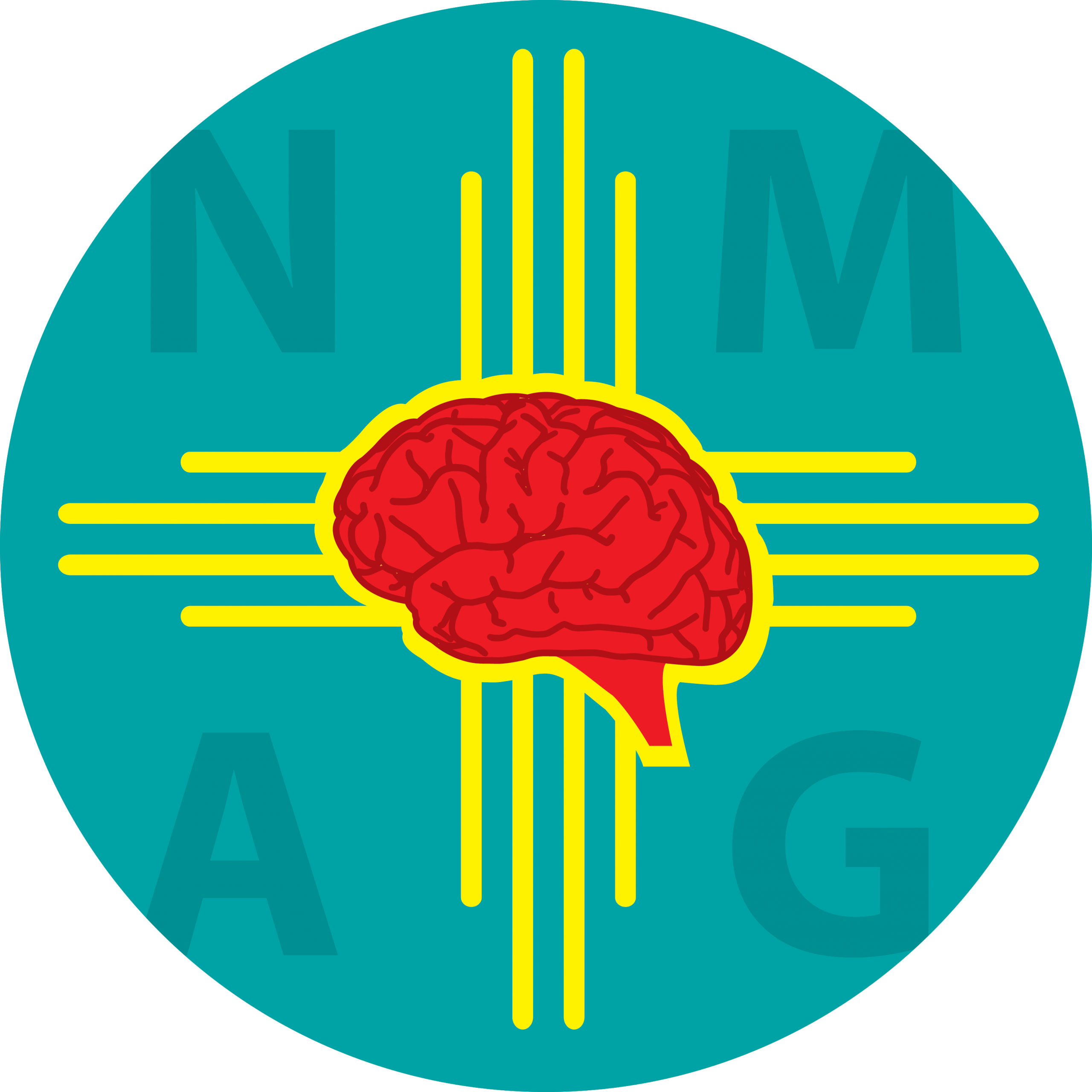

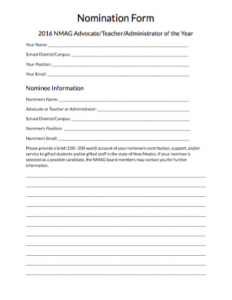
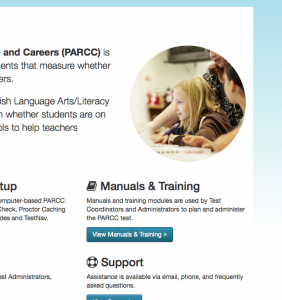 I have met many educators who have written testing accommodations into individual plans for gifted students. I have myself. For those smart students who have the
I have met many educators who have written testing accommodations into individual plans for gifted students. I have myself. For those smart students who have the 
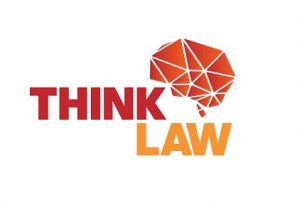



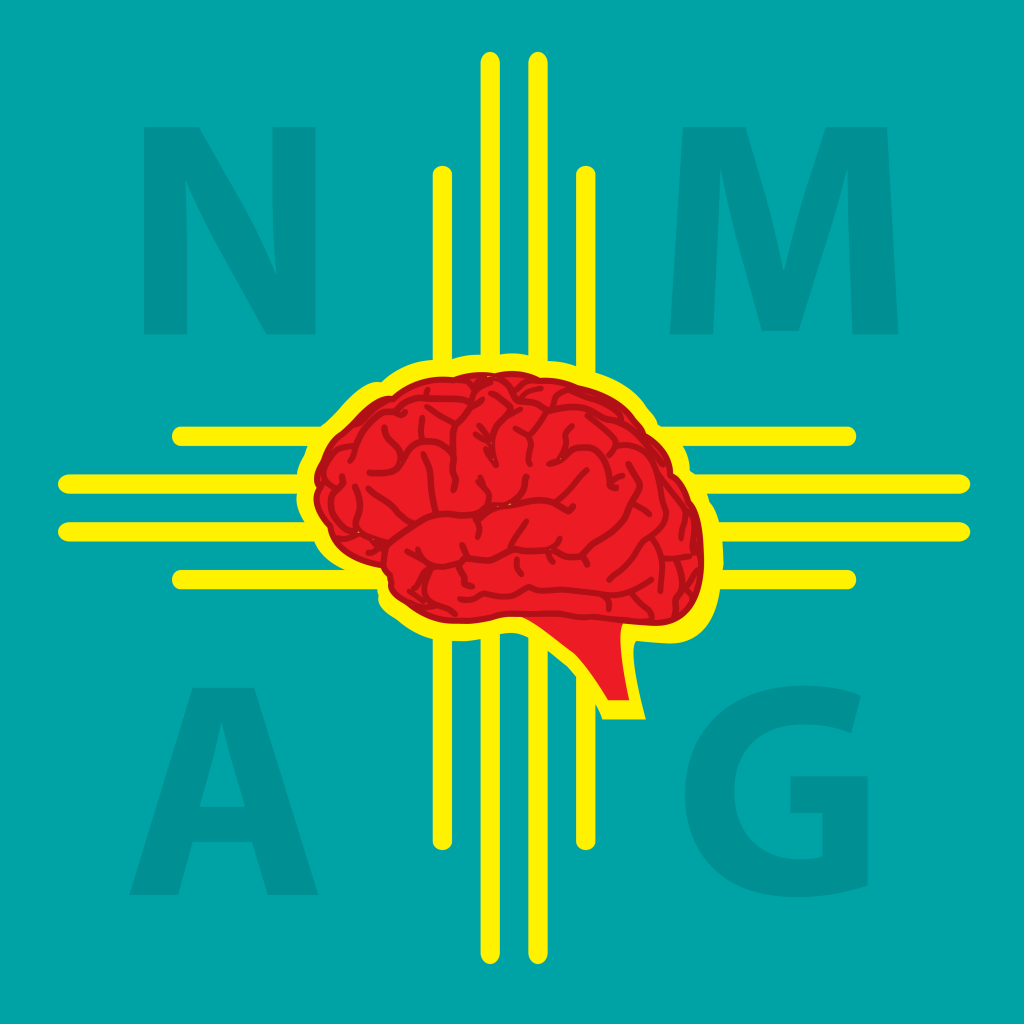
Recent Comments